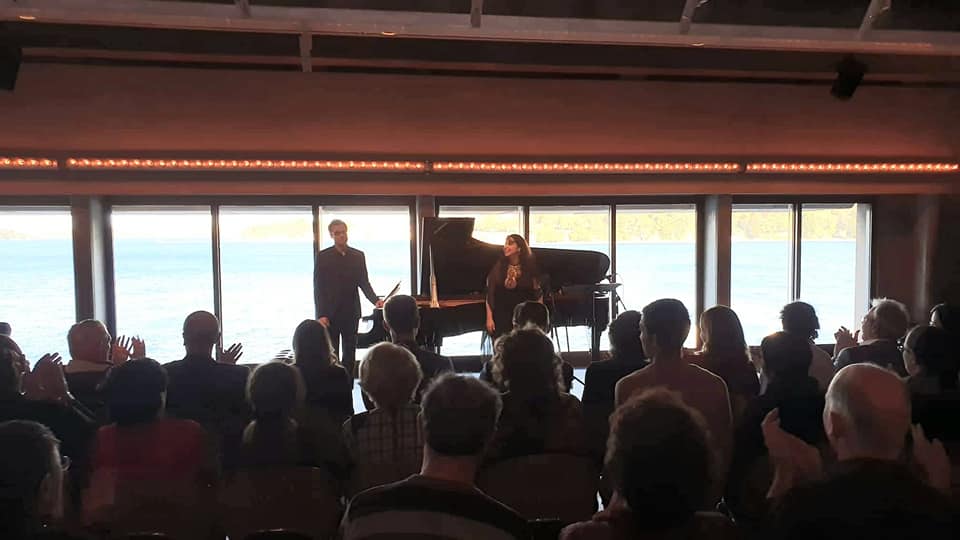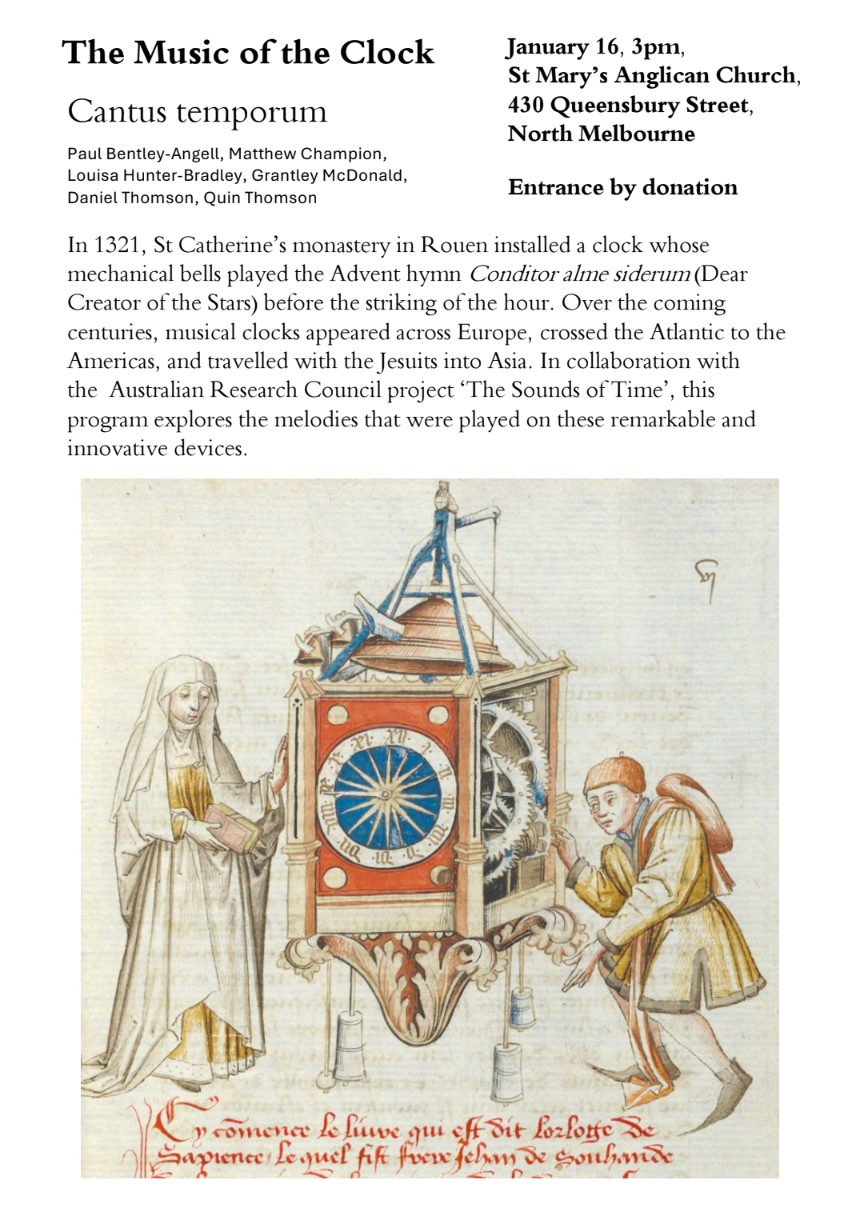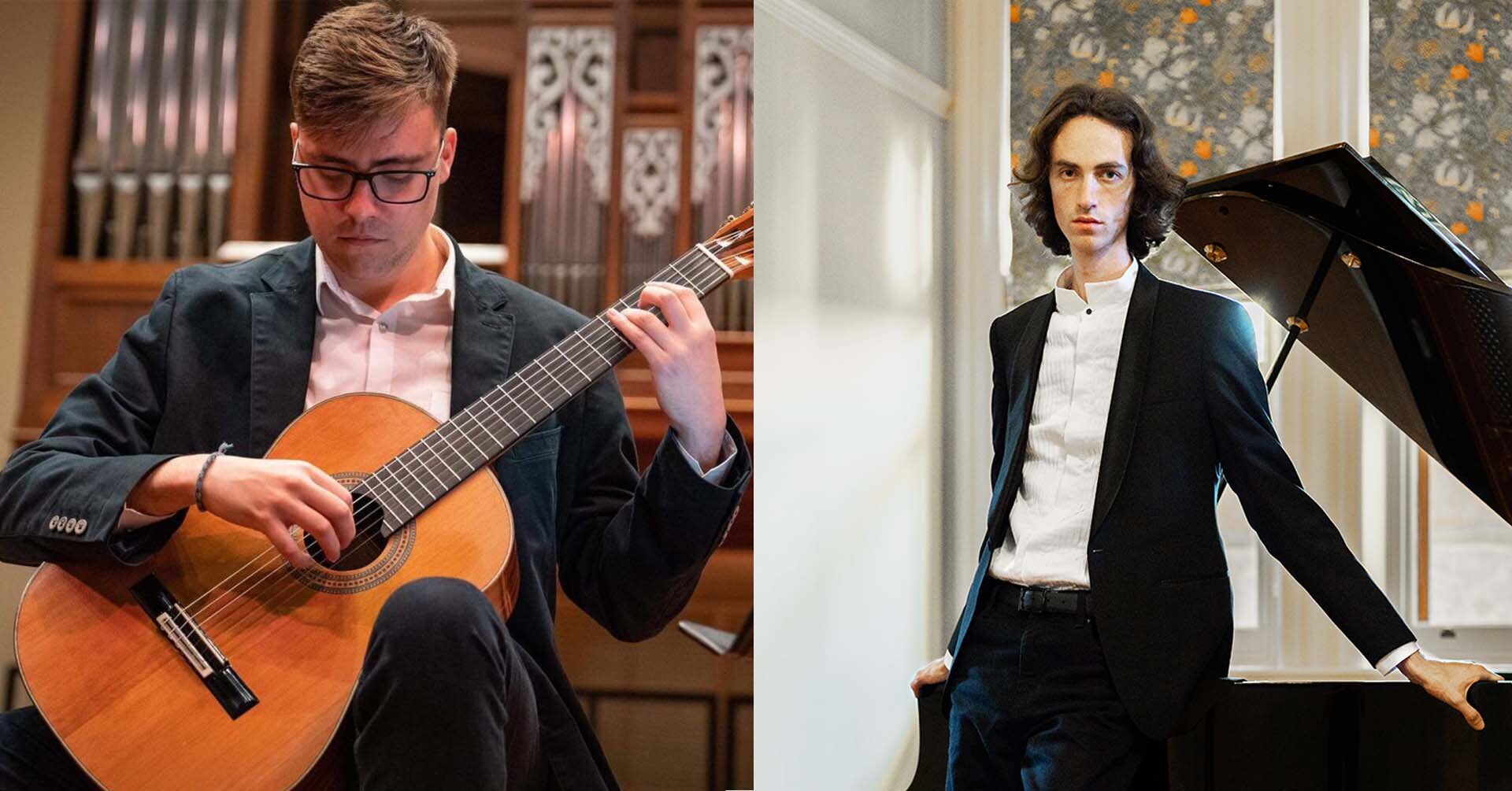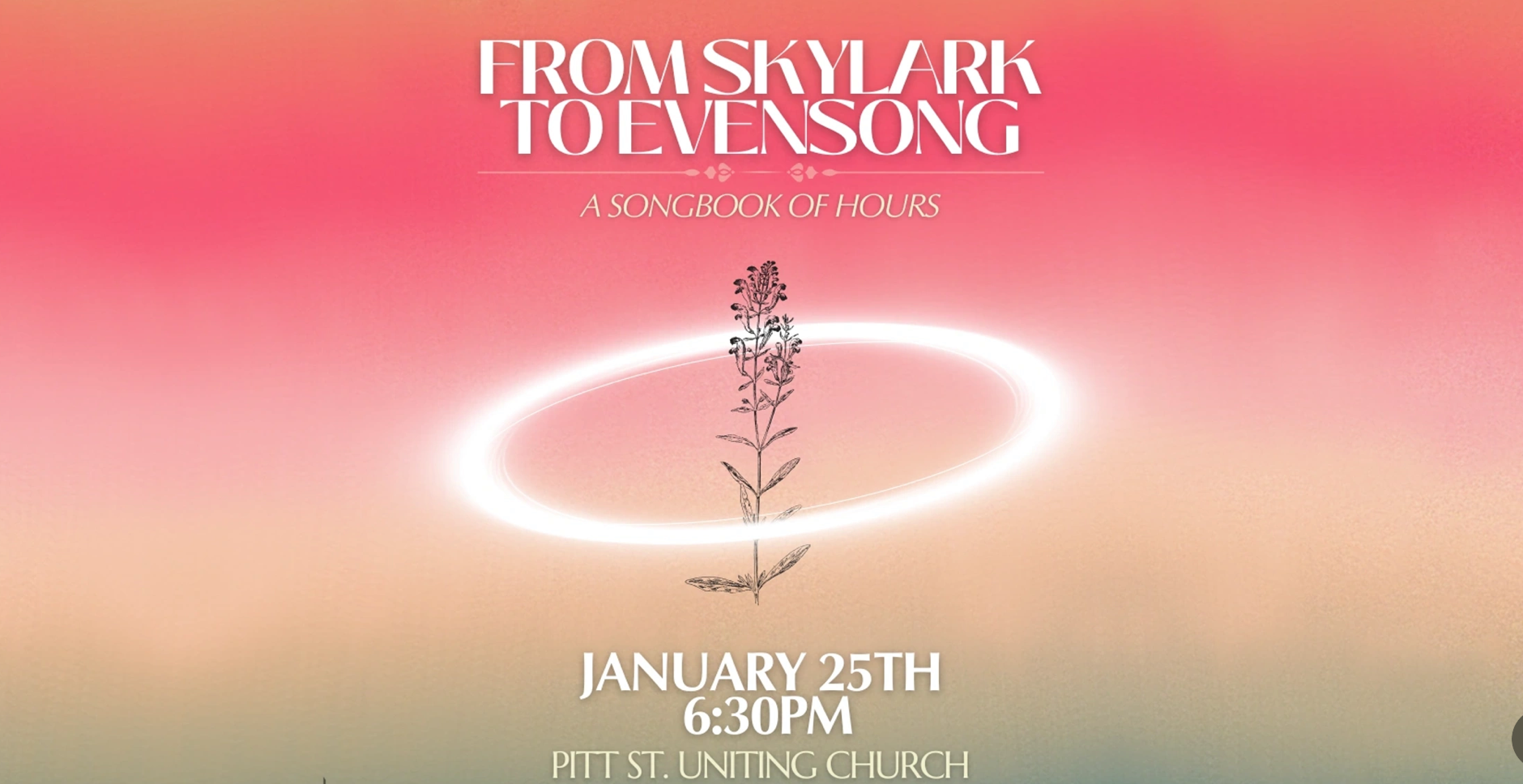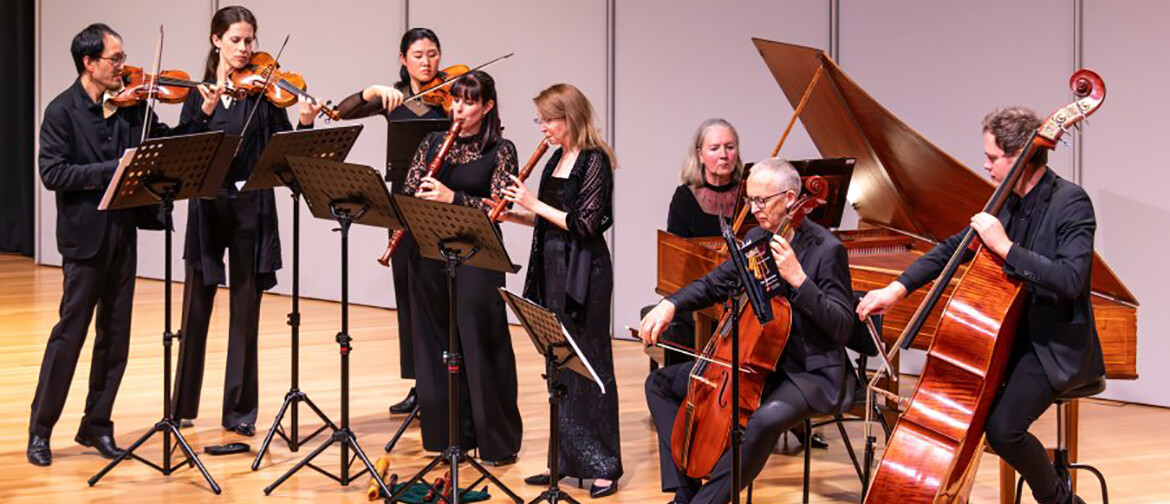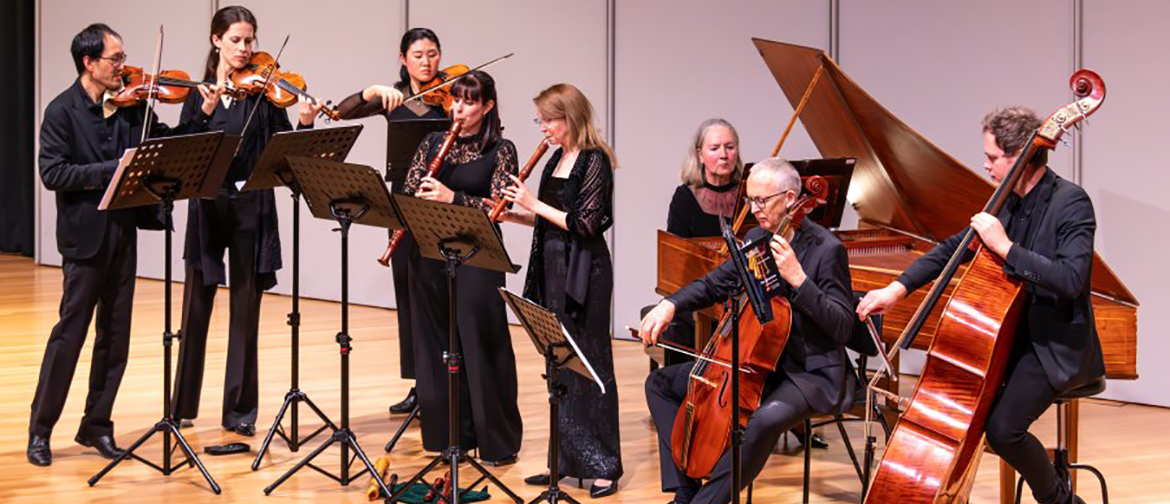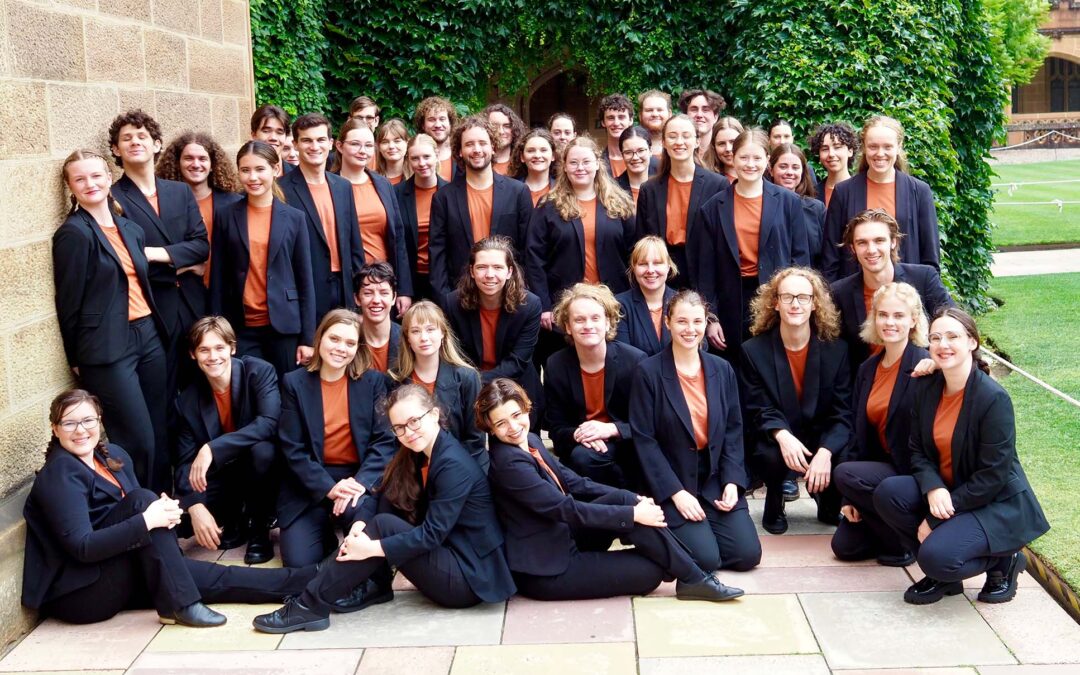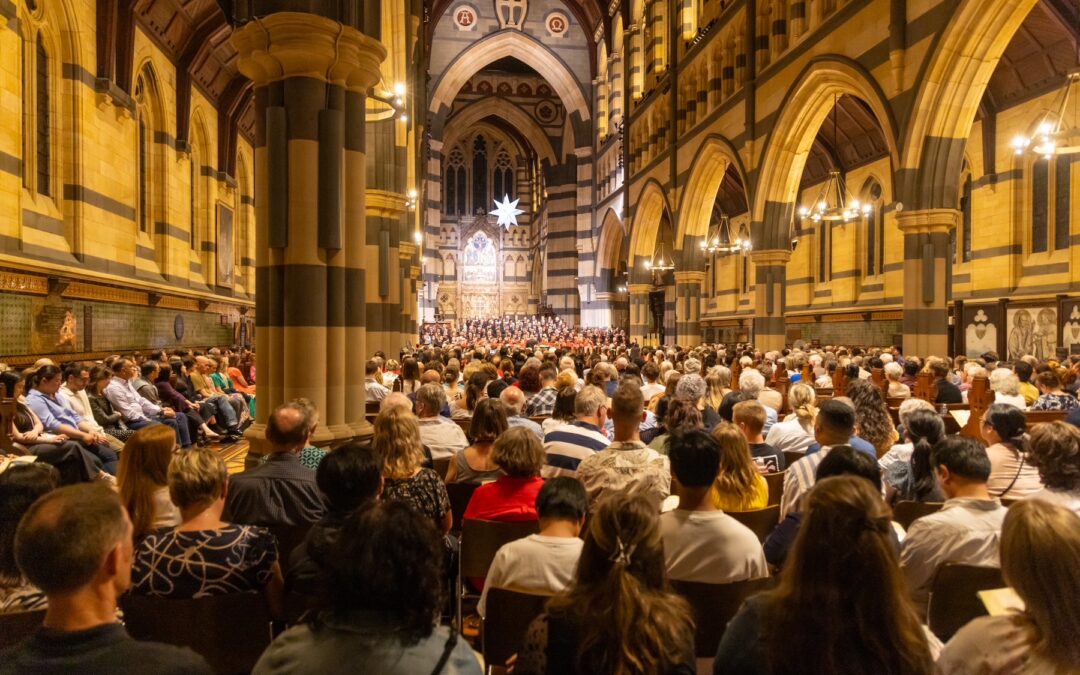With an impressive list of awards, prizes and accolades to her name, I expected great things from Ayşe Göknur Shanal and I was not disappointed. Also the program was much anticipated; it featured my favourite song cycles by Robert Schumann, Frauenliebe und -Leben (Women’s lives and loves) and Dichterliebe (Poet’s love), as well as the Op. 13 songs of Clara Schumann.
When Ayşe started to introduce each song, I thought it would really break the flow of the works and to some extent it did. But I came to think she was right to do so, because the introductions were not at all stuffy or academic, but highly personal, fresh and light hearted. It kept the audience engaged, and the depth of her performance dwarfed the sometimes rather innocent commentary.
Of great importance to Ayşe as a musician is to introduce wonderful classical music to new audiences, and, in her own words, “to present this artform in a way that makes everyone fall in love with it, as much as she loves it – with an undying passion”. Looking around the Utzon room, this concert certainly drew a diverse crowd of all ages and walks of life.
No doubt a contributing factor to this was the Pay It Forward Tickets scheme, which Ayşe established together with Lanz Priestly, who also runs Sydney’s 24/7 Kitchen and Safe Space Community. Through the scheme, “pay it forward” tickets were purchased for not only Sydney’s homeless, but also music students from Excelsia College, and those from refugee backgrounds to attend the Schumann and the Woman concert.
I am not sure if she was intentionally sugar-coating the text to keep things light for the audience, but on two occasions (Nun hast du mir den ersten Schmerz gethan and Clara’s Sie liebten sich beide), Ayşe referred to relationship breakups rather than deaths. Her rendition of these songs had the full gravity of death however, rather than a mere relationship misfire. So all is forgiven.
Now to the nitty gritty. I love Ayşe’s voice. It is easy to listen to, because the delivery is easy. I don’t want to imply that she is lucky that it is easy. Behind every easy voice sits hundreds if not thousands of hours of work on technique. Her voice is not big like a Wagnerian voice. But it has both darkness, with a warm, well-centred fundamental pitch. It also has a radiance; that bright high head placement which allows the voice to carry. She never reaches or stretches for high notes; they are always already placed before the sound is engaged. For her, flipping up octaves sounds like a small step. A natural tight vibrato adds intensity, but this never detracts from the fresh freedom of her voice. She is a delight to listen to, especially in such an intimate venue as the Utzon Room.
Interpretatively Ayşe conveyed all the innocence, tenderness and wonder that Frauenliebe und -Leben requires.
The lesser-known six Clara Schumann Op. 13 Lieder are a delight and deserve much greater airtime than they receive. They are right up there with the best of Schubert and Robert Schumann. I suspect this is a case of ongoing gender discrimination. I especially loved Die stille Lotusblume, with the gentle notion that love happens even when no-one is there to see it. That Romantic preoccupation with the unconscious.
There is more to say about Dichterliebe than space allows here, but there were some impressive things to highlight. Die Rose, die Lilie is probably already the shortest song in the repertoire (about 30 seconds), but a speed record was broken here, not to mention the feat of voice and piano coordination. The effect was electric. The “Dom” verses of Im Rhein were handled with grandeur. The final Die alten bösen Lieder lurched appropriately from the dramatic to the delicate and deeply melancholy.
I have said nothing about Ashley Hribar’s piano playing and this must be rectified. Both Robert and Clara were pianists and often there is a sense that it is the voice that is accompanying the piano; a lovely but rather simple vehicle for the words which introduces a piano solo, often with little relation to the music in the verses. The most striking example of this is the funeral march Ich hab’ im Traum geweinet where the voice sings each phrase of the simple dirge unaccompanied and the piano plays only brief chords in between, dry as a funeral drum. Then, at the end of the song, there is not a play-out, but a most extraordinary lyrical piano solo, a full-bodied fantasia and Ashley made the heart weep. There was rich romanticism displayed here. Another is the wedding feast music in Das ist ein Flöten und Geigen, where the piano part dances furiously without a thought to the singer, who is outside hopelessly looking in. Again there is one of those extended piano endings which Ashley performed to perfection. Pianists must love these song cycles!
For an encore Ayşe and Ashley performed Brahms’ Dunkel, wie Dunkel in Wald und in Feld, with a dip of the lid to the likely relationship Brahms and Clara had after Robert was committed to the asylum shortly before his death.
This concert was a delight really, and I would love to hear this program again, but under more formal “Lieder recital” conditions (put your phones on “silent”, please!).
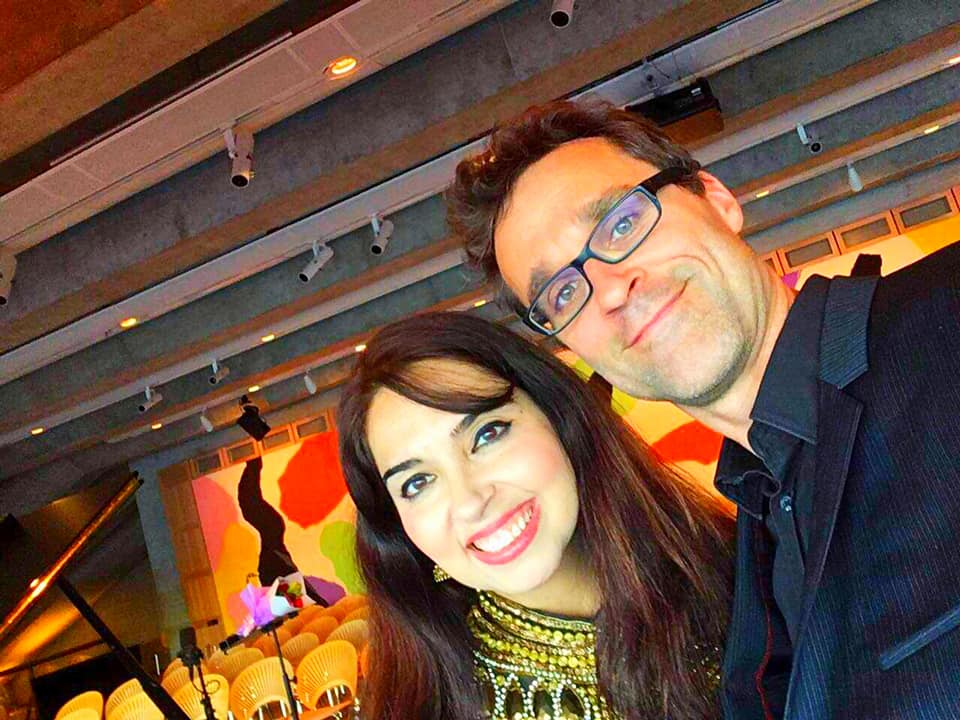
Ayşe Göknur Shanal & Ashley Hribar were all smiles after a successful performance!
Thoughts about:
![]()
Ayşe Göknur Shanal & Ashley Hribar: Schumann & the Woman | Sydney | Sat 7 September, 2019
![]()

